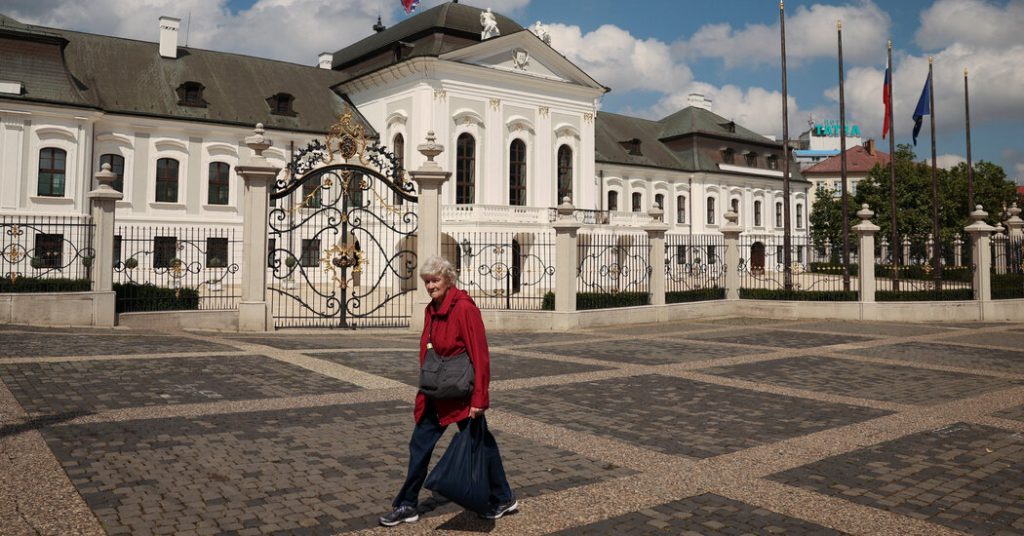More than 25 years after being called a “black hole in the center of Europe” by Secretary of State Madeleine Albright, Slovakia is facing political turmoil. The recent assassination attempt on Prime Minister Robert Fico has led to a frenzy of political finger-pointing and warnings of civil war. The country’s struggle to establish the rule of law and resist authoritarian leadership has some questioning whether Slovakia truly escaped its status as a “black hole.”
Slovakia’s political culture is marked by threats and personal insults, with divisive struggles preventing politicians from setting basic rules for decent political battles. Efforts to bring opposing parties together have failed, and the situation has only grown more concerning following revelations that there may have been assistance in concealing evidence related to the assassination attempt. The charged individual, a 71-year-old man, was known to harbor deep grievances towards the system, reflecting a sentiment in Slovakia of viewing liberal democracy as a threat to identity and values.
The roots of Slovakia’s current political climate can be traced back to the 1990s when Vladimir Meciar, a populist leader, laid the foundations for political polarization. His alliance of right-wing nationalists, business cronies, and anti-establishment leftists thrived on denouncing centrist and liberal opponents. The country has witnessed volatile political developments, including legislative actions that risk undermining the rule of law and restrictions on civil society. Slovakia’s stance on key issues such as military aid to Ukraine, L.G.B.T.Q. rights, and relations with Russia underscore a growing divide with the European Union.
As Slovakia navigates its political landscape, tensions between opposing camps have escalated, with accusations and blame being exchanged. The government, led by Robert Fico and his allies, has faced allegations of stoking animosity towards the media and dangerous tensions. The attempt on Fico’s life has been described as the beginning of a political war between factions in Slovakia. Despite concerns about the country’s direction, analysts believe Slovakia is not at risk of becoming an complete outsider but faces a choice between embracing a Western path or veering towards a more authoritarian government.
The crisis in Slovakia is viewed as part of a wider trend of national populism gaining ground in democracies around the world. With the rise of populist leaders in countries like Hungary and the Netherlands, there is a growing shift towards illiberal and authoritarian governance. The challenges facing Slovakia, rooted in historical struggles and divisive politics, reflect broader issues of navigating the balance between Western values and alternative paths. The country’s future remains uncertain as it grapples with its political landscape and strives to overcome internal divisions.


